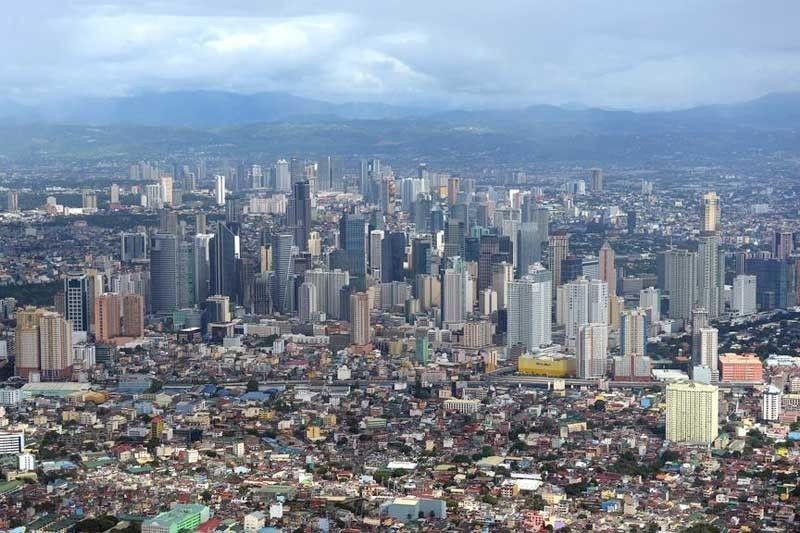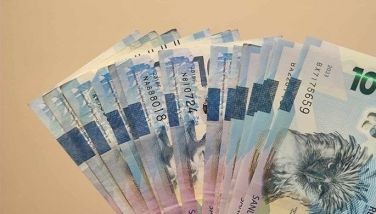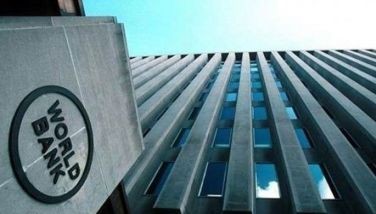Philippines ranking falls in Ease of Doing Business

MANILA, Philippines — The Philippines ranked lower in the World Bank’s Ease of Doing Business Report 2019, placing 124th out of 190 countries from 113th previously, largely due to higher business registration costs and increased time for imports inspection.
The international finance institution’s report released Wednesday night actually showed the country’s overall ease of doing business score improving to 57.68 this year from 56.32 last year as several reforms were introduced.
It means business regulations in the country have improved toward attaining global best regulatory practices, which is indicated by a score of 100.
Other countries, however, implemented pro-business reforms faster than the Philippines, thus affecting its global ranking.
Reforms carried out by the Philippines at the time of the survey include the strengthening of protection for minority investors by increasing shareholders’ rights and roles in major corporations, clarifying ownership and control structures, as well as simplifying tax registration and business licensing processes.
These gains were offset by increased tax registration costs. Trading across borders was also “made more difficult” by increasing the number of inspections for importing, therefore increasing the average time for border compliance.
The overall ease of doing business score is based on 10 indicators: starting a business, dealing with construction permits, getting electricity, registering property, getting credit, protecting minority investors, paying taxes, trading across borders, enforcing contracts and resolving insolvency.
Worldwide, New Zealand topped the list with an overall ease of doing business score of 86.59, ranking first in three indicators: starting a business, registering property and getting credit.
Singapore ranked second with a score of 85.24, leading in enforcement of contracts. Denmark ranked third with a score of 84.64, first in trading across borders.
The other top-performing countries were: Hong Kong, China, Korea, Georgia, United States, United Kingdom and Macedonia.
The Philippines, for which Quezon City was used as the benchmark city, ranks below neighboring countries in Southeast Asia such as Malaysia, Thailand and Indonesia and below the regional average score of 63.41 for East Asia and the Pacific. It ranks above Lao PDR (154th) which scored 51.26.
The country ranked close to the bottom in terms of getting credit (184th) as seen in the score of five, starting a business (166th) with a score of 71.97 and enforcing contracts (151st) as seen in the score of 45.96.
The worst performers in the world in terms of doing business, meanwhile, were Somalia which had an overall ease of doing business score of 20.04, Eritrea which scored 23.07 and Venezuela which had a score of 30.61.
All countries ranked at the bottom of the list for all 10 indicators.
This year’s report themed “Training for Reform” reflected a “new record in bureaucracy busting reforms for the domestic private sector,” said the World Bank, noting 314 business reforms have been implemented over the past year in 128 economies. This compares with 290 reforms carried out two years ago.
World Bank said reforms are undertaken where these are more needed: in low-income and lower middle-income economies.
This year’s top 10 improvers, based on reforms undertaken are Afghanistan, Djibouti, China, Azerbaijan, India, Togo, Kenya, Côte d’Ivoire, Turkey and Rwanda.
“The diversity among the top improvers shows that economies of all sizes and income levels, and even those in conflict can advance the business climate for domestic small and medium enterprises. Doing Business provides a road map that different governments can use to increase business confidence, innovation, and growth and reduce corruption,” said Shanta Devarajan, the World Bank’s senior director for development economics and acting chief economist.
- Latest
- Trending























